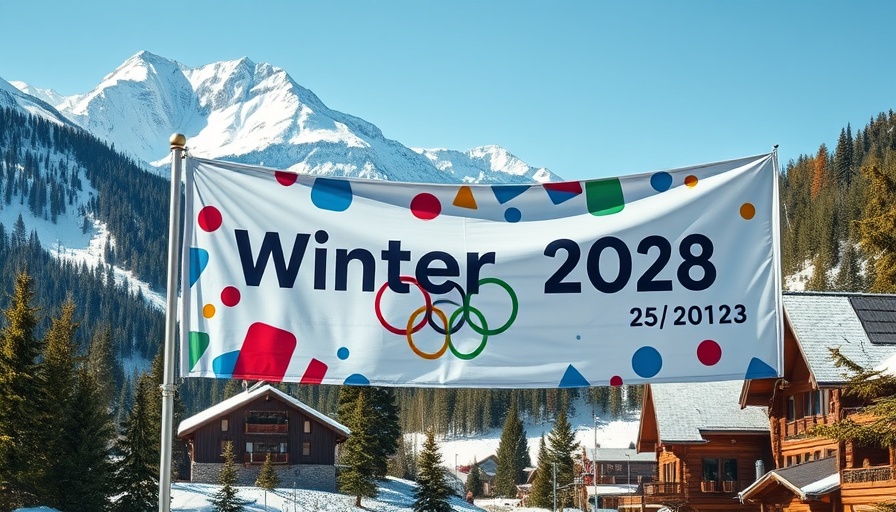
Can the 2026 Winter Olympics Lead in Sustainability?
As the 2026 Winter Olympics prepare to descend upon Milan and Cortina d’Ampezzo, located within the breathtaking Dolomites, the question looms: can such a grand sporting spectacle remain sustainable? While complete sustainability might be a far-fetched ideal, there are glimmers of hope based on recent events.
Lessons from Paris: Sustainability at Its Core
Looking at the 2024 Summer Olympics in Paris as a case study offers valuable insights. With an impressive 98.4% of energy needs met by renewable sources, Paris set a high bar. It highlighted the importance of infrastructure that supports sustainability, such as improved water quality in the Seine, which now boasts three monitored bathing areas for public enjoyment.
The Imperative of Existing Venues: A Sustainable Approach
Events like Turin 2006 have made it evident that utilizing existing facilities rather than building new ones is a more sustainable choice. The aftermath of the Turin Olympics left many venues in ruins, serving as a cautionary tale. For instance, the once-celebrated bobsleigh and luge tracks now lie abandoned, a stark reminder of the long-lasting impacts of mega-events. By opting for temporary structures and existing venues, organizers have the chance to mitigate environmental degradation and promote sustainability.
The Controversy of the New Bobsled Track
Despite the push for sustainability, the decision to demolish the historic 1956 bobsled track in Cortina and replace it with a new facility has sparked significant debate. Critics argue that clearing valuable mountain forest merely to construct a new track contradicts the sustainability goals that the Olympics claim to uphold. As the landscape changes, questions arise about the long-term implications of such infrastructural decisions.
Navigating the Travel Landscape: How to Travel Sustainably During the Games
For attendees planning to travel to the Games, choosing eco-friendly options can contribute significantly to reducing the overall carbon footprint. Here are some practical tips for sustainable travel:
- Opt for Renewable Energy: Seek accommodation options that are powered by renewable energy sources. Tools like Green Key can help identify accredited hotels.
- Use Public Transport: Utilize public transportation systems instead of renting vehicles. The use of trams and buses not only reduces emissions but also provides an authentic local experience.
- Support Local Businesses: Eating at local restaurants and engaging in community tours can foster a sustainable economy while providing an authentic experience.
Future Trends: What Lies Beyond 2026?
Looking beyond the 2026 Winter Olympics, the pressure is mounting for future Olympic Games organizers to embrace sustainable practices. As global awareness about climate change continues to rise, public scrutiny will demand that the IOC adhere to higher environmental standards. Future host cities may need to prioritize sustainability in planning and operation more than ever before.
Reflecting on the Bigger Picture
The 2026 Winter Olympics could serve as a critical juncture for the relationship between mega-events and sustainability. While challenges exist, growing public consciousness around eco-friendliness and responsible tourism can push organizers to embrace innovative solutions that promote environmental stewardship. As travelers, our choices matter; our participation and effort can guide the evolution of future events.
Join the Movement Towards Sustainable Tourism
The journey ahead is filled with opportunities for sustainable practices that align with our values and promote the health of our planet. The question lies not only with the organizers of global events like the Olympics but also with each of us. Embracing sustainability in our travel choices today could lead to lasting changes in how we celebrate global events tomorrow.
 Add Row
Add Row  Add
Add 




Write A Comment